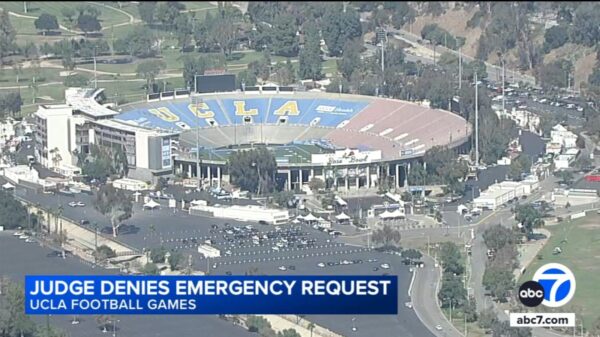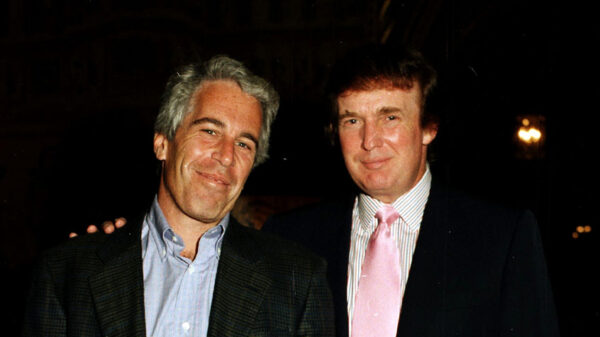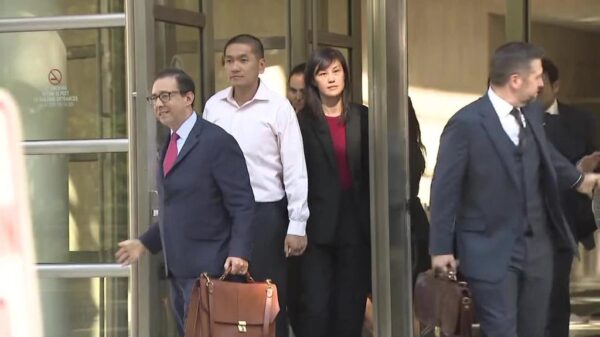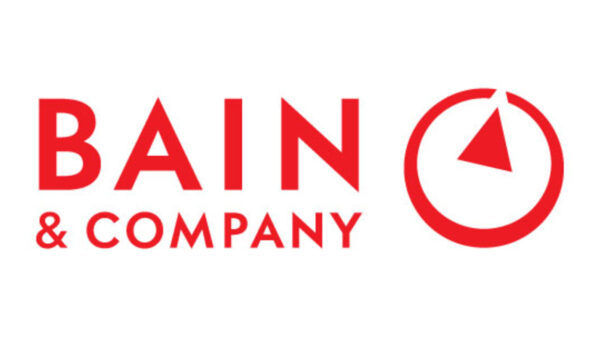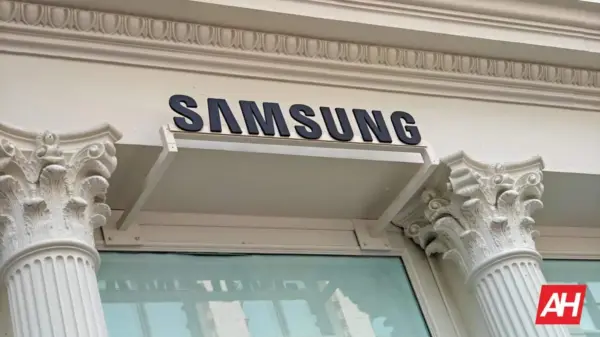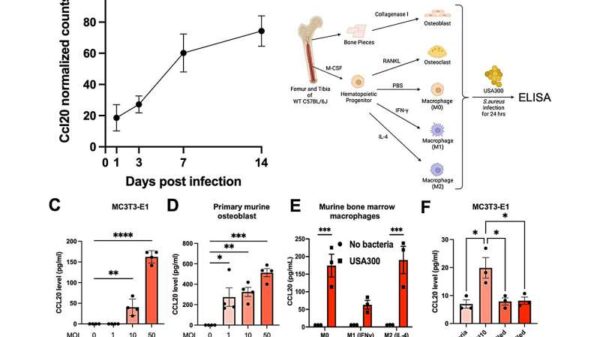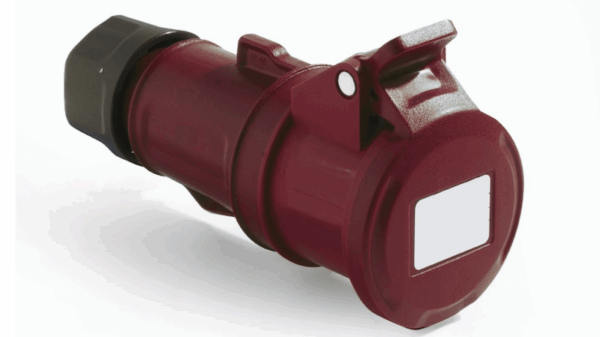The US Court of Appeals for the Fourth Circuit has upheld a permanent injunction against Wudi Industrial (Shanghai) Co., Ltd., determining that the company’s breach of a settlement agreement would cause irreparable harm. This ruling stems from the case Wudi Industrial (Shanghai) Co., Ltd. v. Wong, Case No. 24-1186, decided on July 11, 2025. The court concluded that Wudi’s actions violated the agreed terms, which were established to resolve trademark disputes surrounding the GTRACING brand.
The conflict began in 2017 when Wudi registered the trademark GTRACING with the US Patent and Trademark Office. Wai L. Wong, claiming prior use of a similar mark, GT OMEGA RACING, initiated cancellation proceedings. In 2020, the Trademark Trial and Appeal Board ruled in favor of Wong, prompting Wudi to seek judicial review in the Eastern District of Virginia under 15 U.S.C. § 1071(b). Wong then counterclaimed for trademark infringement.
In May 2021, the parties reached a confidential global concurrent-use settlement agreement, allowing Wudi to use the GTRACING mark globally with specific restrictions in certain regions, particularly in multiple European countries. A critical aspect of the agreement included a prohibition on using the phrases “GTRACING” or “GT RACING” in online advertising or social media within these restricted areas.
The district court later granted a stay in the dispute pending compliance with the agreement. However, Wong alleged that Wudi violated this agreement by using prohibited terms in online marketing within the designated regions. The district court favored Wong, enforcing the agreement and ordering Wudi to remove specific content. It warned that continued noncompliance could lead to contempt proceedings.
Wudi subsequently appealed the decision. The Fourth Circuit initially remanded the case, instructing the district court to apply the four-factor eBay test for injunctive relief. Upon review, the district court concluded that Wudi had indeed breached the settlement agreement, causing irreparable harm to Wong’s trademark goodwill. It determined that monetary damages would be inadequate, the balance of hardships favored Wong, and that enforcing the agreement served the public interest.
Wudi challenged the injunction on various grounds, including allegations of extraterritorial overreach and improper application of the eBay factors. Additional claims included erroneous findings of breach, exclusion of parol evidence, and the failure to apply the unclean hands doctrine.
The Fourth Circuit dismissed these arguments, affirming the district court’s decision. The court noted that the injunction enforced contractual obligations that Wudi had voluntarily undertaken and stated that the district court had properly applied the eBay test. The Fourth Circuit also found no abuse of discretion regarding the exclusion of parol evidence or the rejection of the unclean hands defense.
In this ruling, the court emphasized that reputational harm can demonstrate irreparable injury stemming from the breach of a trademark-related settlement agreement. The Fourth Circuit’s decision underscores the importance of adhering to settlement agreements in trademark disputes, reinforcing the legal protections afforded to brands.



